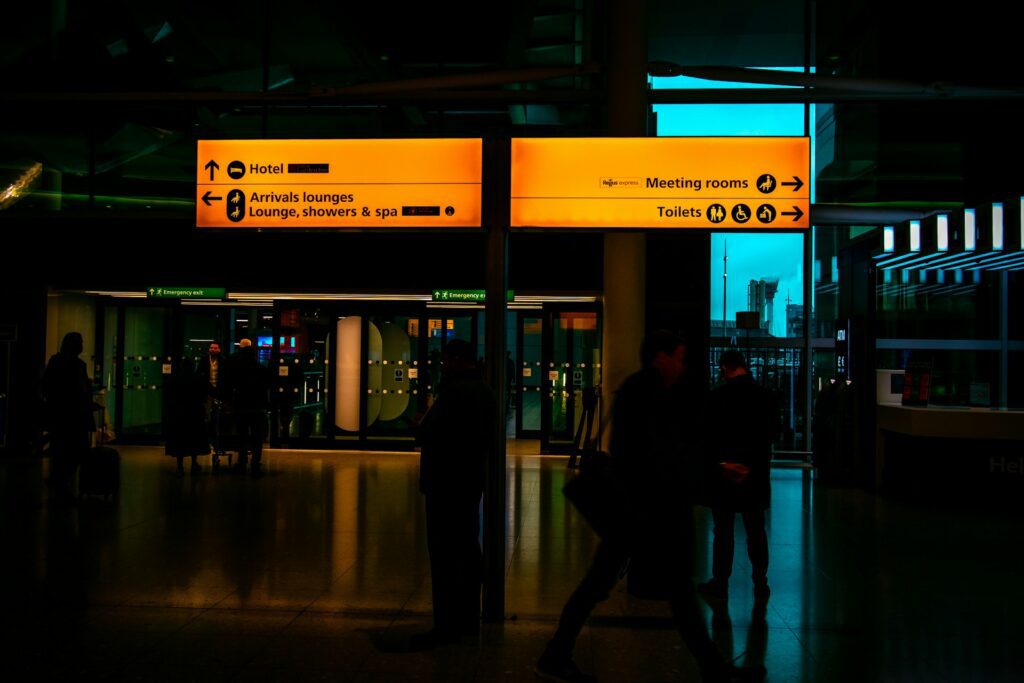When Heathrow Airport suddenly lost power this spring, it wasn’t the result of a cyberattack or a storm. A fire at a nearby National Grid substation caused the blackout. Within minutes, one of the world’s busiest airports had to suspend operations.
The cause was rare, but the consequences were not. Flights were grounded, passengers stranded, and entire teams suddenly needed to make fast, high-stakes decisions with limited information.

An independent review later found that while Heathrow had contingency plans, it still faced major challenges:
- Overreliance on a single power source.
- Gaps in rapid coordination.
- Delayed communication between key teams.
The lesson here isn’t just about having plans. It’s about being able to act – together, quickly, and with clarity – when those plans meet reality.
The same challenge everywhere
Maybe you don’t run an airport, but your organization faces similar risks every day. Power cuts, system failures, threats, or weather events can all disrupt normal operations.
When that happens, a few questions instantly matter more than anything else:
- How do you notify everyone who needs to be informed?
- Can your crisis team communicate, even if phone lines are down?
- Does every department know what to do next?
For many organizations, the answer is no.
Alarms and call lists are often manual. Crisis plans are often stored in folders that can be difficult to locate. And coordinating remotely can take precious minutes that you simply don’t have.
That’s why we built Cosafe
At Cosafe, our goal is to simplify and streamline crisis management and critical communication in all situations, wherever your people are.
We help schools, municipalities, and companies work systematically with safety. This involves combining technology, training, and advisory expertise to help you work systematically with your security.
In one platform, you can:
- Send alarms to predefined groups.
- Call in crisis management teams.
- Start a web meeting in seconds.
- Activate action plans
- Check that everyone is safe.
- Locate people who may need help.
Everything can be automated or pre-defined to save invaluable time when it matters most.
And because our platform was developed with input from over 100 security experts, it’s easy to use, works on your existing hardware, and fits naturally into your daily operations.
Preparedness isn’t a binder; it’s behavior
What the Heathrow case showed is that even well-prepared organizations can stumble when the unexpected happens. Plans don’t fail because they’re wrong; they fail because they’re static.
True preparedness means connecting people, tools, and habits so that action happens naturally when things go wrong. That’s what Systematic Security Work is all about — practicing communication until it’s second nature.
Final thoughts
You can’t prevent every incident. However, you can ensure that confusion never exacerbates the crisis.
Want to strengthen crisis routines? Our team can help.




